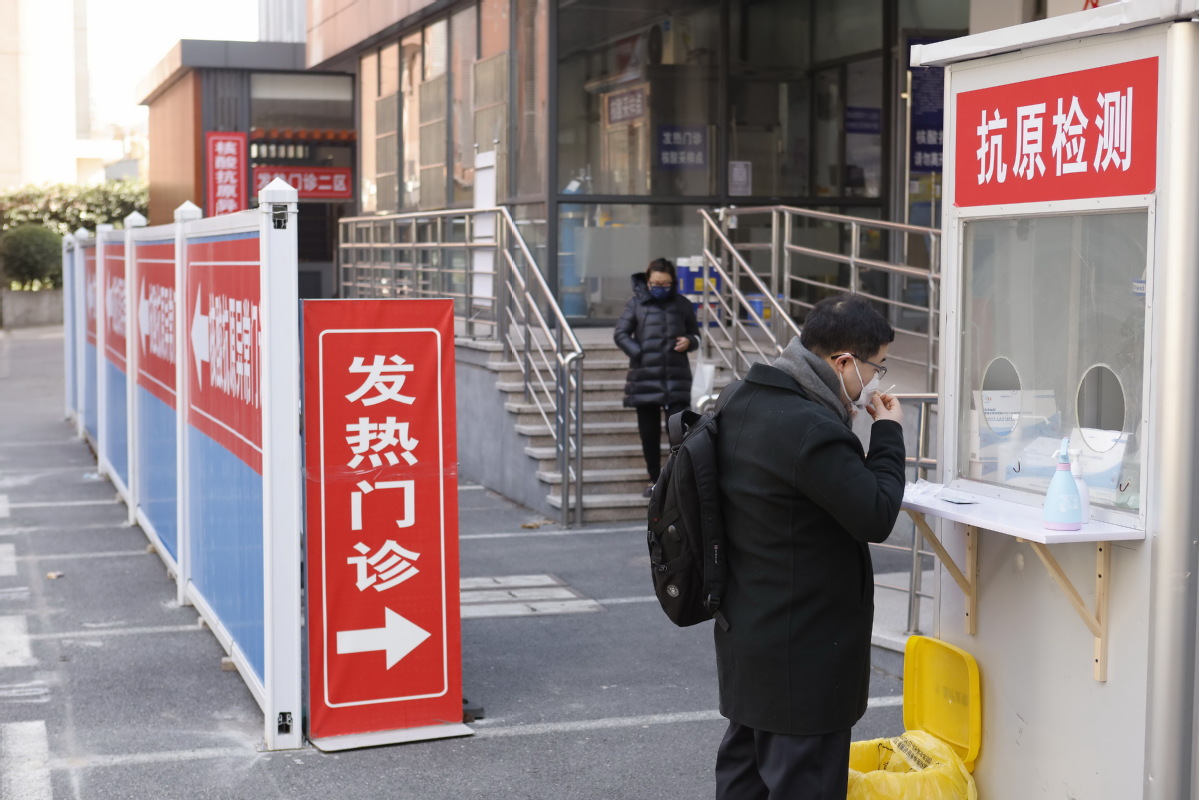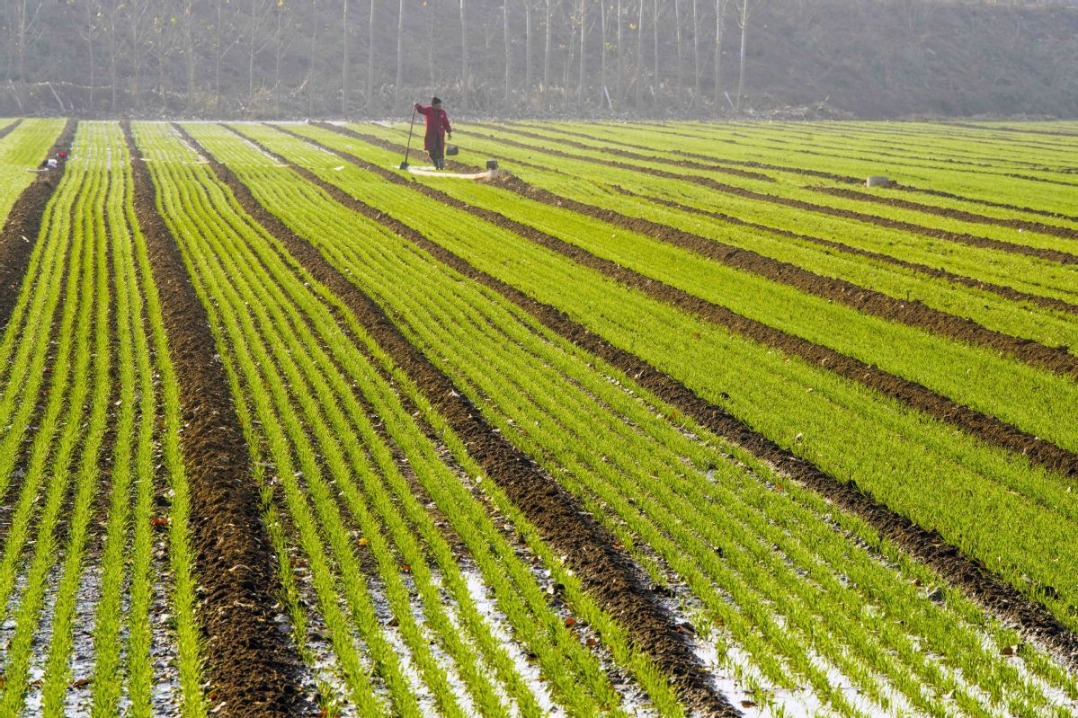Second time infected can still pose risk to vulnerable


The nonstandard collection or examination of virus samples and issues with fully expelling virus from the body may cause patients who have recovered from COVID-19 to test positive again, said a healthcare expert.
Wang Guiqiang, director of the Infectious Disease Department at the Peking University First Hospital, told a news conference in Beijing on Tuesday that determining whether recovered patients have been infected with COVID-19 again should be based on their nucleic acid test results rather than on their antigen test result, because the latter is less sensitive than the former.
He said that so far there is little research on the rate of reinfection, but that existing research shows that those who do become reinfected are far less likely to infect others.
"But those testing positive again who live with the elderly or people with existing health conditions should take precautions to avoid possible infection of the vulnerable," he said.
He added that people who test positive again usually have no obvious symptoms, sometimes just a cough, so there is no need for panic.
- Researchers reveal how global dust regulates carbon cycle, climate change
- China's 3D-printed miniature turbojet engine completes flight test
- Eco-friendly reforms shape Wuzhong's future
- Shenzhou XX crew set to return after space debris delay
- Authorities clarify claims of zhongkao abolishment
- China's largest amphibious assault ship begins first sea trial




































